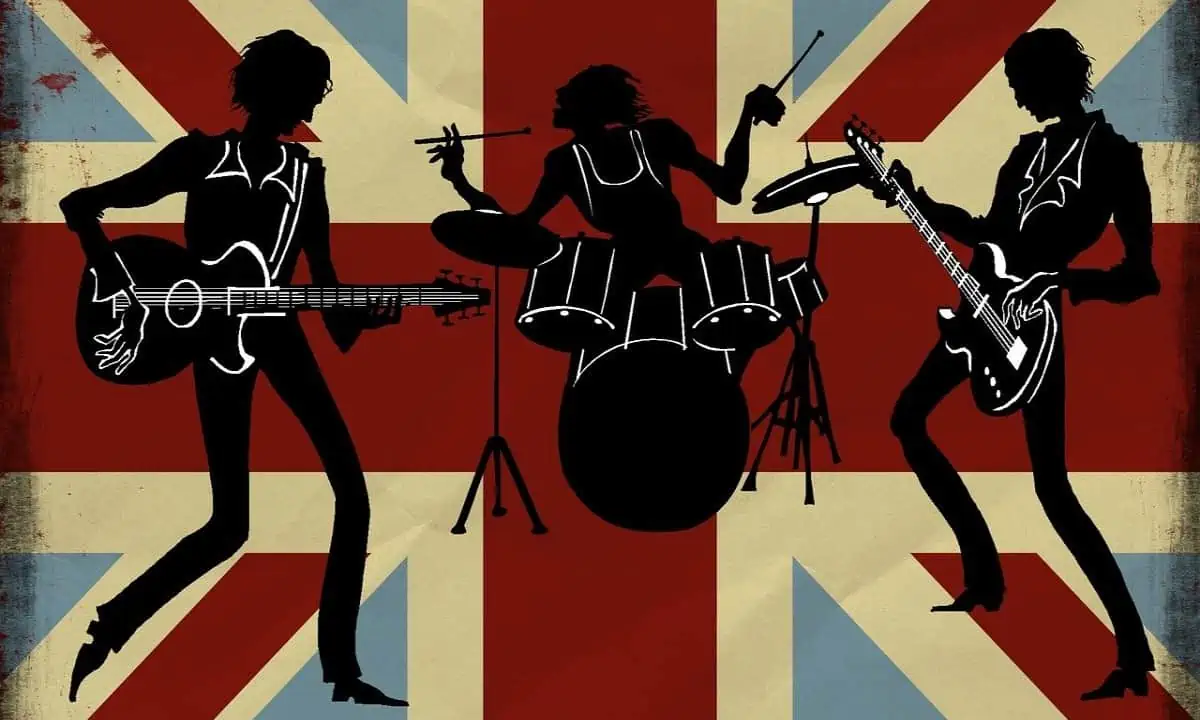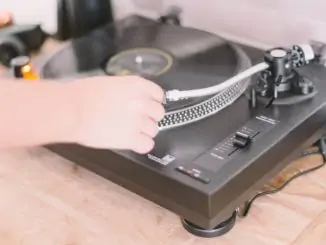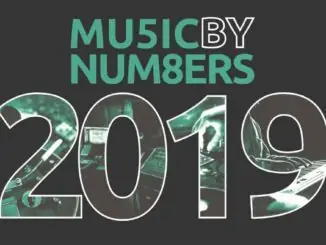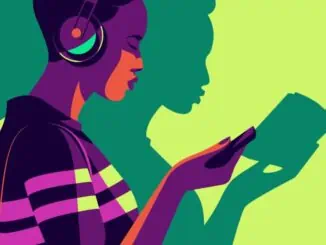
UK entertainment sales have 7th consecutive year of growth in 2019 according to official figures revealed in the Entertainment Retailers Association (ERA) Yearbook. Internet now accounts for 90% of entertainment sales with digital video being the biggest winner in 2019 and PS4 games the biggest loser. Sales reached £7.8 Bn with the biggest winners being digital and the biggest losers being physical sales although they still amounted to £1.4 Bn in 2019. Sales of video, music and games grew by 2.4% driven by the increasing popularity of digital streaming. Digital now accounts for a record 81.8% of the overall entertainment market compared to a decade ago where physical formats accounted for 80% of revenue.
Fastest-growing sector was video – up 9.5% in value to £2.61 Bn. Key factor was an astonishing 21.5% increase in digital video revenues to £2.1 Bn, driven overwhelmingly by subscription video services such as Netflix and Amazon Prime. Nearly 50% of the population (49.9%) subscribe to streaming video services which now account for exactly two-thirds (66%) of the video market.
Video’s streaming success was mirrored in the music market with total revenues up 7.1% to £1.4 Bn, driven by an even more astonishing 23.5% increase in music streaming revenues to just over £1 Bn. In contrast digital gaming faltered for the first time in 2019 with growth of just 1.1%, but at £3.17 Bn, the value of the digital gaming market is still almost as large as digital video and digital games put together.
Internet now accounts for 90% of entertainment sales
Streaming and downloads are not the only way the internet has transformed the entertainment industry. Include internet-ordered physical entertainment formats through online stores such as Amazon and the internet now accounts for 89.8% of entertainment revenues.
Kim Bayley, ERA CEO, said, “This is extraordinary. The internet now accounts for 90p in every pound spent on entertainment. It is quite simply the most dramatic revolution in entertainment retailing ever seen.”
| Internet dominates entertainment over bricks & mortar (£m) | |||||
| Games | Video | Music | Total | % of market | |
| Digital | £3,171.5 | £2,109.4 | £1,092.6 | £6,373.5 | 81.8 |
| Online | £274.2 | £211.6 | £137.4 | £623.2 | 8.0 |
| Internet | £3,445.7 | £2,321.0 | £1,230.0 | £6,996.7 | 89.8 |
| Bricks & Mortar | £328.4 | £289.0 | £180.7 | £798.1 | 10.2 |
| Total | £3,774.1 | £2,610.0 | £1,410.7 | £7,794.8 | 100.0 |
Confirming the general market trend, three of the four biggest winners were all digital, the biggest losers all physical.
| Entertainment formats 2019 v 2018 | |||
| Winners | Losers | ||
| Format | Increase in sales | Format | Decrease in sales |
| Digital video | +£372.9m | PS4 games | -£119.0m |
| Music streaming | +£190.9m | DVD | -£116.7m |
| Nintendo Switch games | +£37.3m | Xbox One games | -£71.4m |
| Digital games | +£35.1m | CD | -£71.1m |
| Source: ERA Yearbook | |||
Physical products still appeal
Key to physical’s continuing appeal is the sheer number of physical sales outlets and the greater availability of titles on physical rather than digital formats. While the number of physical outlets selling entertainment declined in all categories in 2019, there were still 10,001 physical outlets selling video, 8,450 selling music and 5,544 selling videogames. When it comes to availability of product there were 521,029 albums available to download but 606,906 titles on CD.
ERA-commissioned research points to the growing importance of the over-45s to sales of physical formats with 55.3% of physical video sales and 62.8% of physical music sales accounted for by the older age groups.
Key beneficiaries of the continuing demand for physical music formats – particularly vinyl – are indie record shops. In 2019 the number of indie stores remained at a 10-year-high of 425. Independents were the only physical music store category not to see a decline in numbers in 2019.




